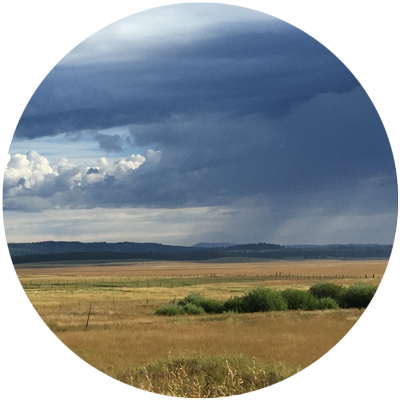Home > Climate News >

Do you have questions about divestment and socially responsible investment?
The Land Trust Alliance provides some thoughtful information on their climate change website about divestment and socially responsible investment. You may find it helpful when discussing whether this is a path your land trust wants to take as a moral, ethical, and financial statement.
As the financial world looks at the risks associated with fossil fuels, others are considering different investment strategies, as noted in this article earlier this year from Forbes.
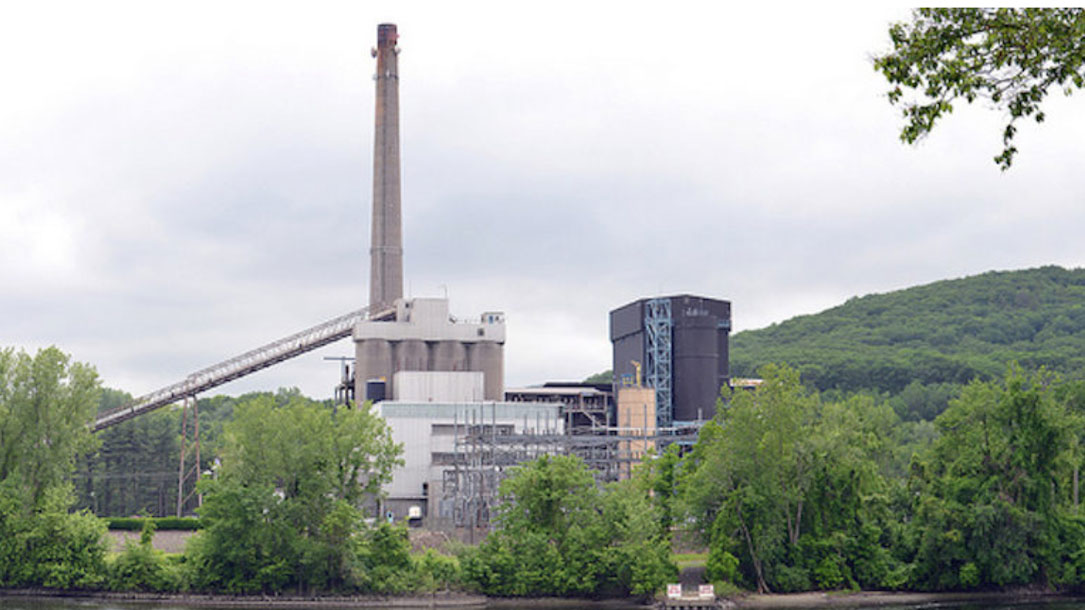
Example: Kestrel Land Trust takes action against climate change with fossil fuel divestment
Kestrel’s mission to conserve and care for forests, farms, and riverways in the Pioneer Valley protects the future health of our planet. They state that “the work we do is impacted by—and has an impact on—the crisis of climate change that is now defining our future. The overwhelming scientific consensus is that the burning of fossil fuels is warming our planet and threatening our global life support systems.
That’s why Kestrel’s Board of Trustees voted to eliminate equity holdings in companies owning fossil fuel reserves in all of the long-term endowment accounts that support their work…”

Vijay Gupta: The violinist for LA’s skid row wins a MacArthur ‘genius’ grant
Thinking differently about how music can change lives isn’t that different from thinking differently about how land and water can change lives. You don’t have to be genius. But you probably will need to think outside the box and in a paradigm that puts others first.
Check out this inspirational story of someone who uses music to do what others never would have done. How can you take this approach with conservation, community, and climate change?
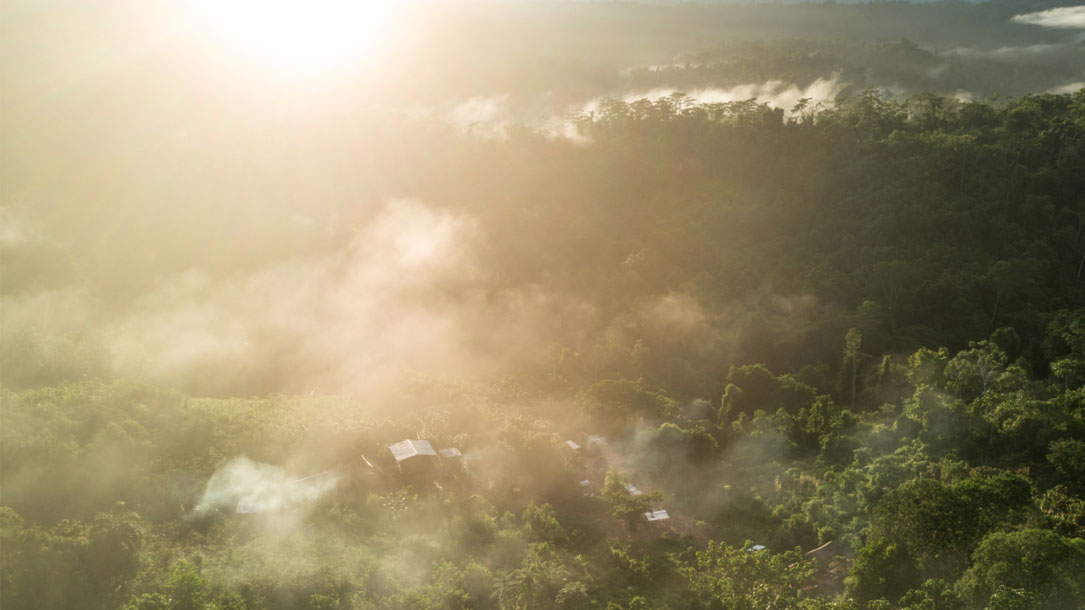
Concerning 2018 Global Warming Special Report
A new report by the International Governmental Panel on Climate Change reveals that if global temperature rise by 1.5°C, humans will face unprecedented climate-related risks and weather events.We are on track for a 3-4°C temperature rise.
It’s the final call; the most extensive warning thus far on the risks of rising global temperatures. If conservationists and land trusts are serious about conserving the living things in their communities they will need to rethink their relationship with renewables in a big way…
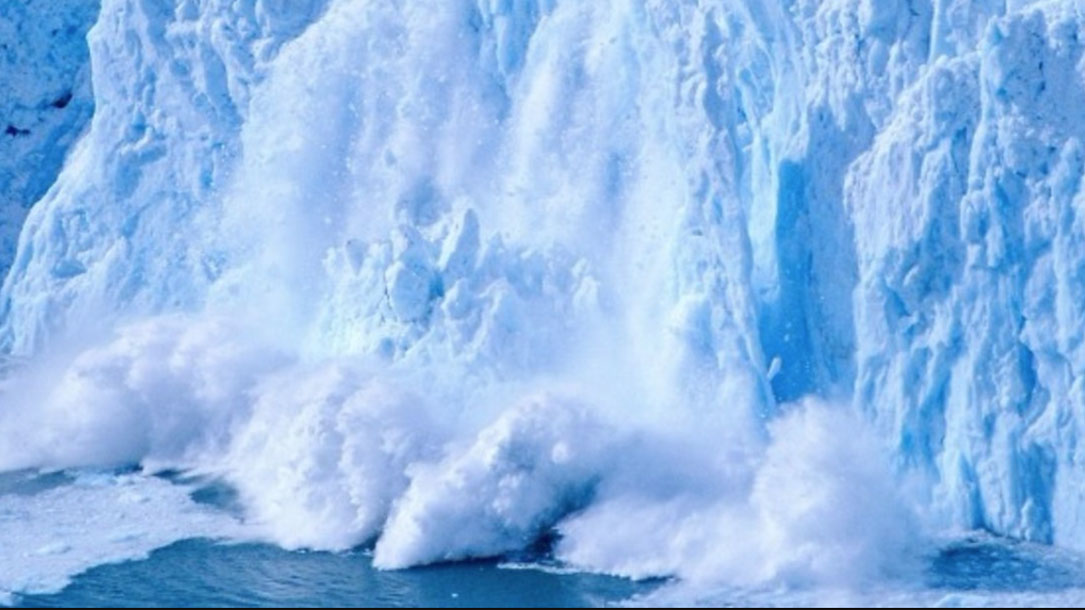
Final call to save the world from ‘climate catastrophe’
It’s the final call, say scientists, in the most extensive warning yet on the risks of rising global temperatures.
Their dramatic report on keeping that rise under 1.5 degrees C says the world is now completely off track, heading instead towards 3C.
Keeping to the preferred target of 1.5C above pre-industrial levels will mean “rapid, far-reaching and unprecedented changes in all aspects of society”.
It will be hugely expensive – but the window of opportunity remains open.
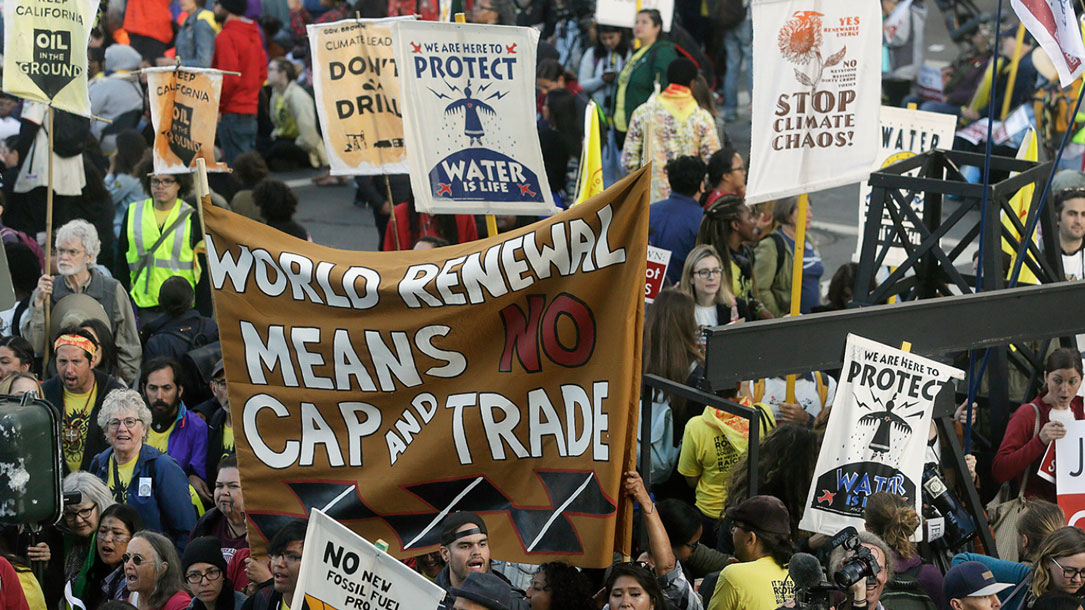
‘Connecting the dots’ between faith and climate change
Tackling issues like climate change or protecting the environment often requires a lot of boring, behind-the-scenes work, far from the spotlight.
“But sometimes you have to let your light shine,” said the Rev. Susan Hendershot Guy, president of Interfaith Power & Light. She’s not alone in this sentiment.
“There are a lot of people beginning to connect the dots between faith, the environment, climate change,” said the Rev. Ambrose Carroll, co-founder of Green the Church, a campaign to motivate environmental action in the African-American church community…
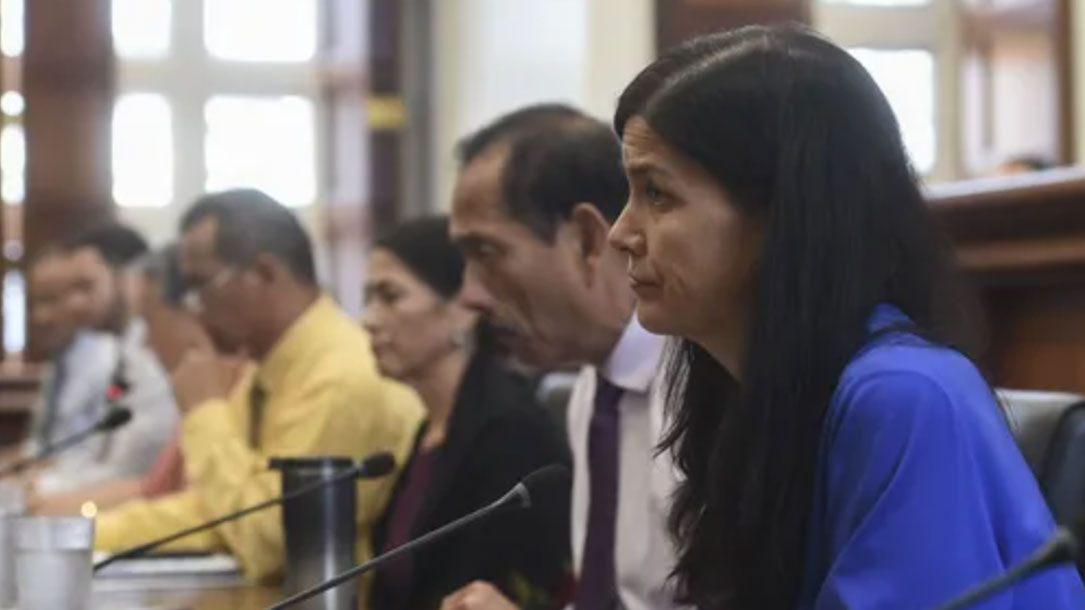
Politics: What’s Allowed?
“Can land trusts do advocacy?
Yes! Land trusts can advocate for policies that support conservation — and it’s one of our most important jobs. Think about it. Our elected representatives make decisions about conservation that can open huge opportunities — or shut them down. So, land trusts need to be just as good at building relationships with our elected officials as we are at building relationships with major donors and landowners.
People in land trusts often question whether it’s legal to get involved in politics. The answer is YES, you can advocate on issues, legislation, and ballot measures. But you do need to follow some relatively simple rules. Here’s an overview of the law…”

Neighborhood Sun to host free event at Eastern Shore Conservation Center
Increasingly, land trusts are finding ways to help their community connect the dots on why solar is related to their conservation work and how to sign up for local, often community, solar.
This past summer, the Eastern Shore Land Conservancy hosted a program with a local solar provider at their office. You can see their announcement here. Perhaps your local land trust could do this as well.
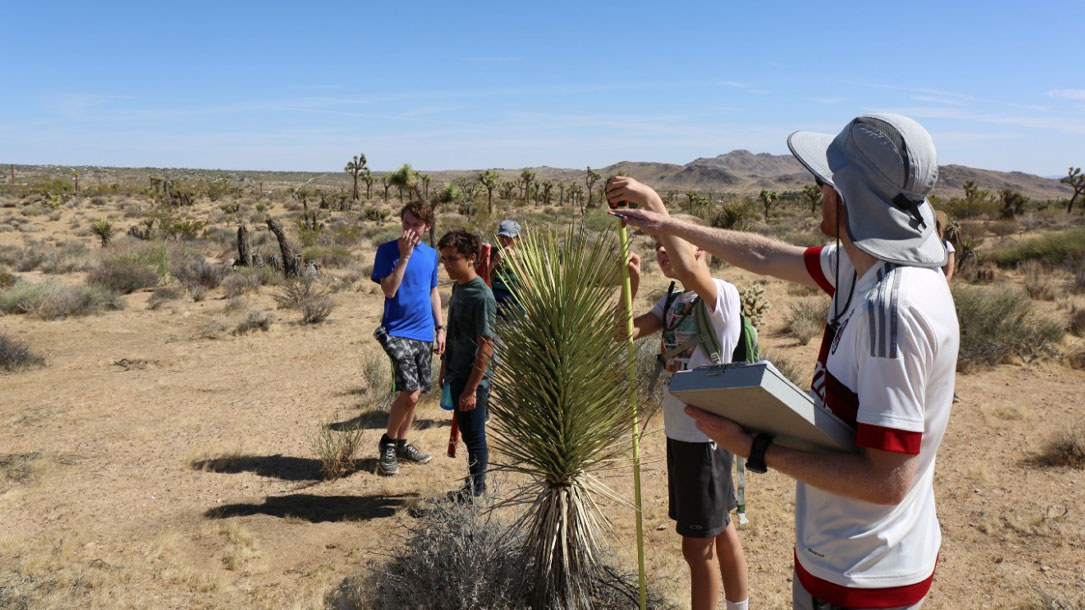
Students tracking climate change through the Joshua tree
The Joshua tree sweep is part of larger vegetation surveys looking at the entire plant community as well as the lizard population in each plot. They will return to each one over the coming years to track changes.
Dedicated crews of local volunteers act as citizen scientists, doing the monitoring once or twice a week. Some drive all the way from Los Angeles to take part. High school and college groups have been involved since 2016…

Climate change is here, and it’s becoming harder to farm successfully
Your average farmer may not want to hear about climate change (do any of us, really?) or global warming, but their livelihood puts farmers smack in the crosshairs of the weather, and many of them are already being affected.
Changes in the timing of rains, the frequency and intensity of droughts, floods, heat waves, intense winter blizzards, hurricanes, and tornadoes, as well as the spread of previously unfaced pests and diseases are now become daily and yearly challenges for farmers in many areas around the world.



